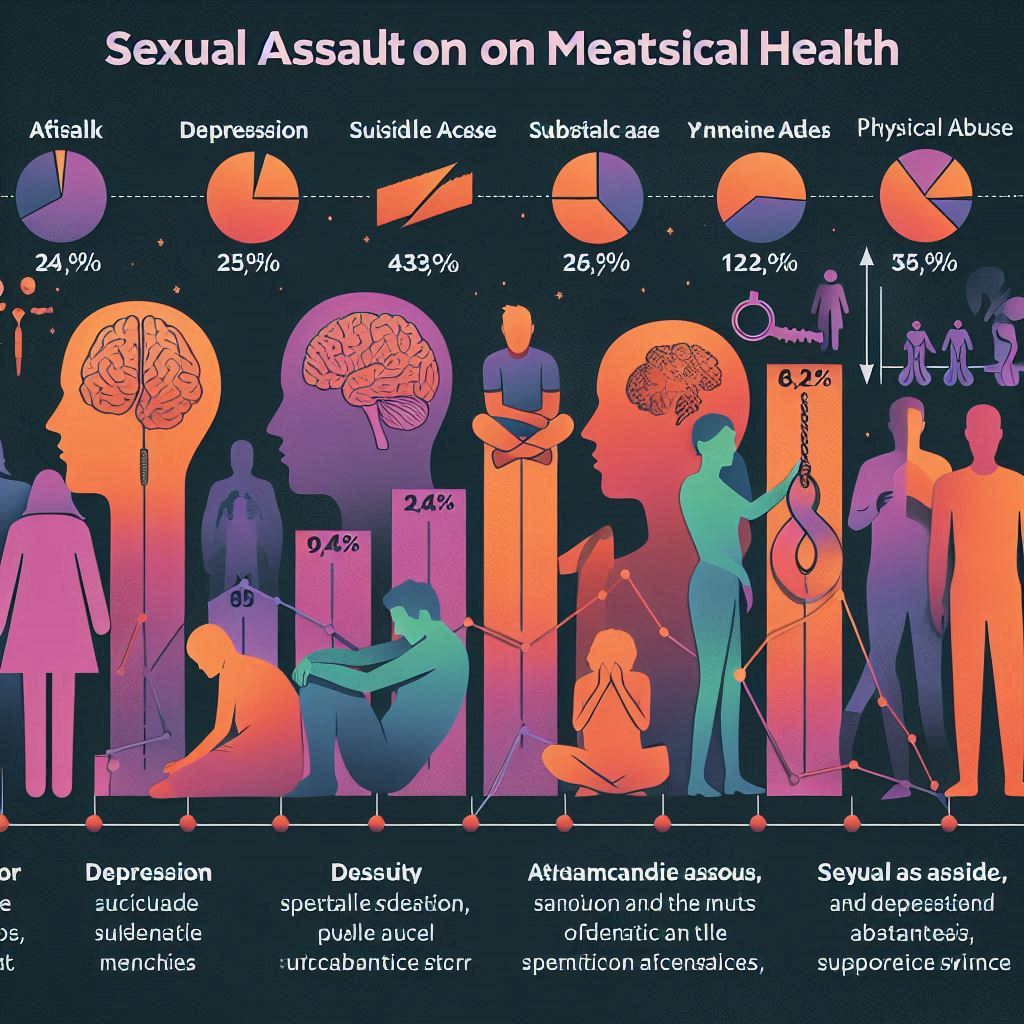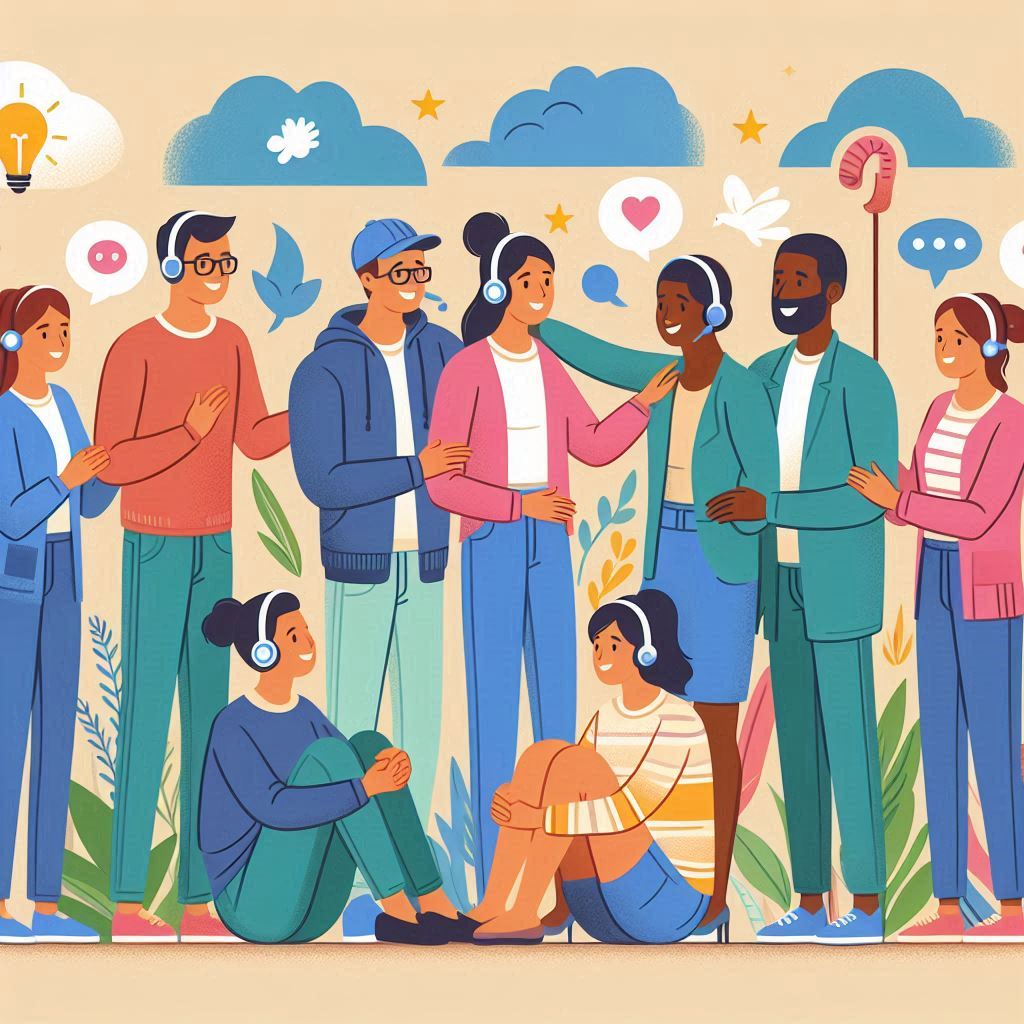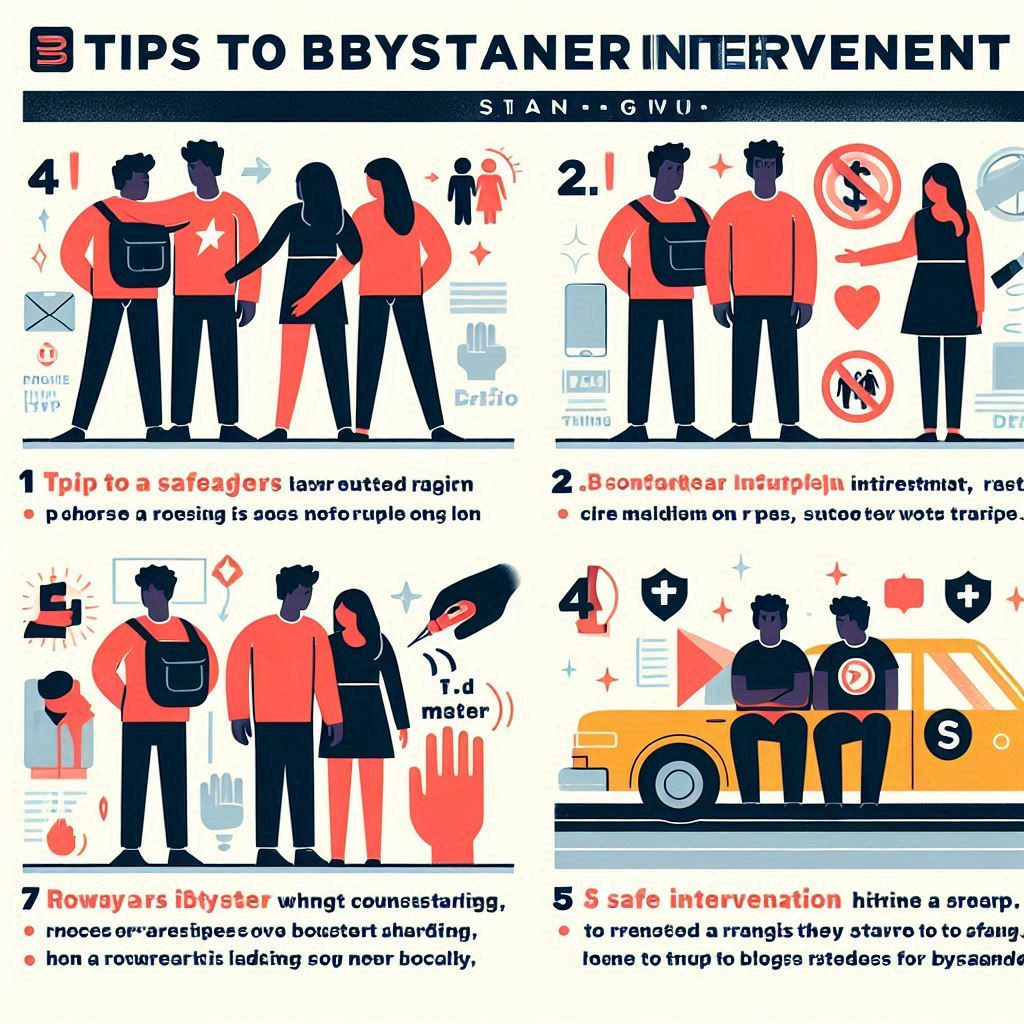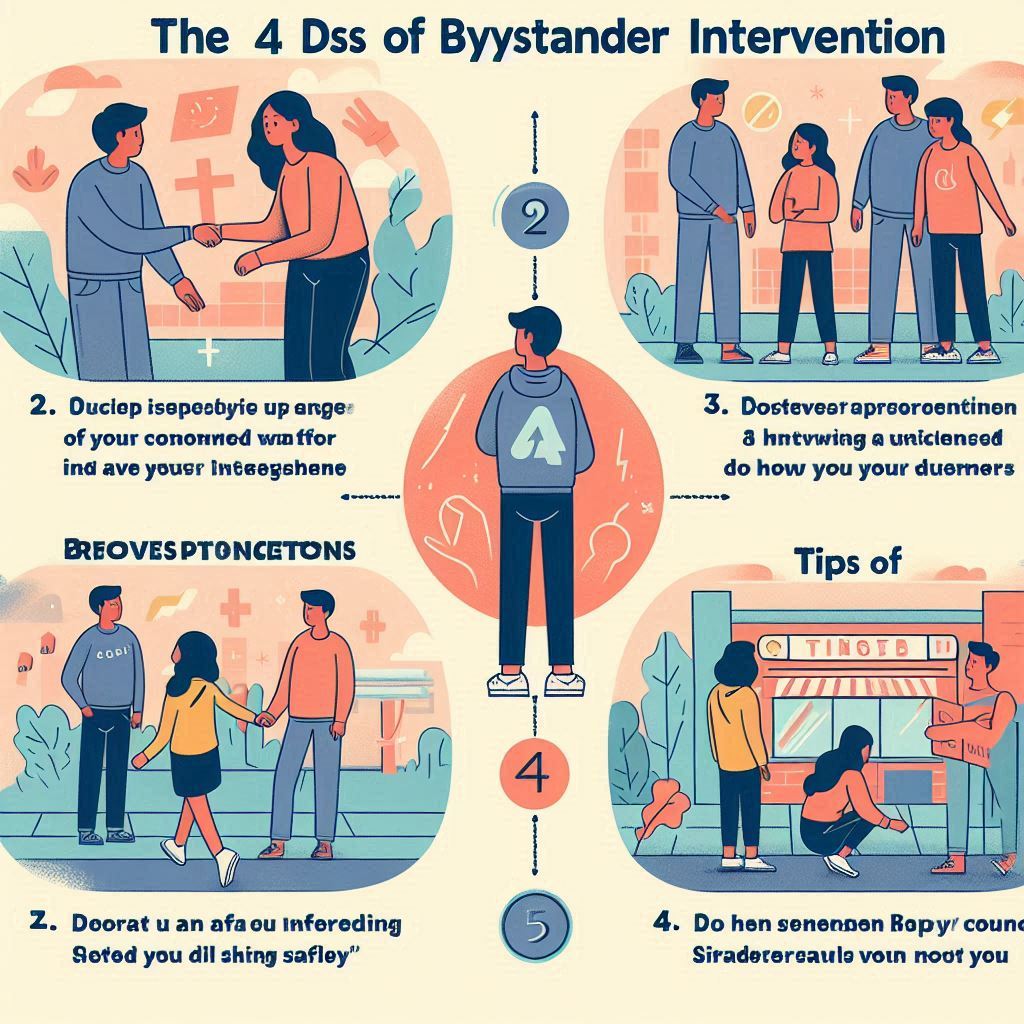I know you may blush away this article at first sight but what if this actually happens to you or your loved one what will you? we need to be brave and start talking about this topic. first of all, what is this sexual assault? Sexual assault is a serious and pervasive issue that affects individuals of all ages, genders, and backgrounds. It’s crucial to understand what sexual assault is, its impact on survivors, and how we can work together to prevent it and support those affected.
What is Sexual Assault?
Sexual assault refers to any unwanted sexual activity, ranging from inappropriate touching to rape. It involves the use of force, threats, or taking advantage of victims who are not able to give consent. actually, it so funny and how we don’t talk about it? did you know that even wives get raped at their own house …. if someone says no, no matter the circumstance it usually means no …. but who are always the victims? the women. that’s right. and it so sad that the first thing that comes to mind when people hear of rape …is what was the girl wearing …? Understanding the broad spectrum of behaviors that constitute sexual assault is essential for recognizing and addressing it.
The Impact on Survivors
The effects of sexual assault can be long-lasting and deeply traumatic. Survivors may experience a range of emotional, psychological, and physical consequences, including:
- Emotional Impact: Feelings of shame, guilt, and anxiety.
- Psychological Impact: Depression, post-traumatic stress disorder (PTSD), and other mental health issues.
- Physical Impact: Injuries, chronic pain, and sexual health issues.

it funny how many people out there get depression, commit suicide while we are just watching and doing nothing.
Supporting Survivors
Supporting survivors of sexual assault involves providing a compassionate and non-judgmental environment. Here are some ways to offer support:
- Listen and Believe: Validate their experiences without questioning or blaming.
- Encourage Professional Help: Guide them to counseling and medical services.
- Respect Their Decisions: Allow survivors to make choices about reporting the assault and seeking help at their own pace.

it’s time to stop pretending it’s not happening and to open our eyes .and give that girl a shoulder to lean on and the support she needs.
Prevention and Education
Preventing sexual assault requires a collective effort from individuals, communities, and institutions. Education plays a pivotal role in prevention:
- Consent Education: Teaching the importance of consent and respectful relationships from a young age.
- Bystander Intervention: Empowering people to intervene safely when they witness potentially harmful situations.
- Policy and Advocacy: Supporting policies and laws that protect survivors and hold perpetrators accountable.

Conclusion
Sexual assault is a grave issue that demands our attention and action. By educating ourselves, supporting survivors, and advocating for change, we can create a safer and more respectful society. Everyone has a role to play in combating sexual assault and supporting those affected.
What steps can you take today to contribute to a culture of consent and support?
Feel free to suggest any changes or additional points you’d like to include!

